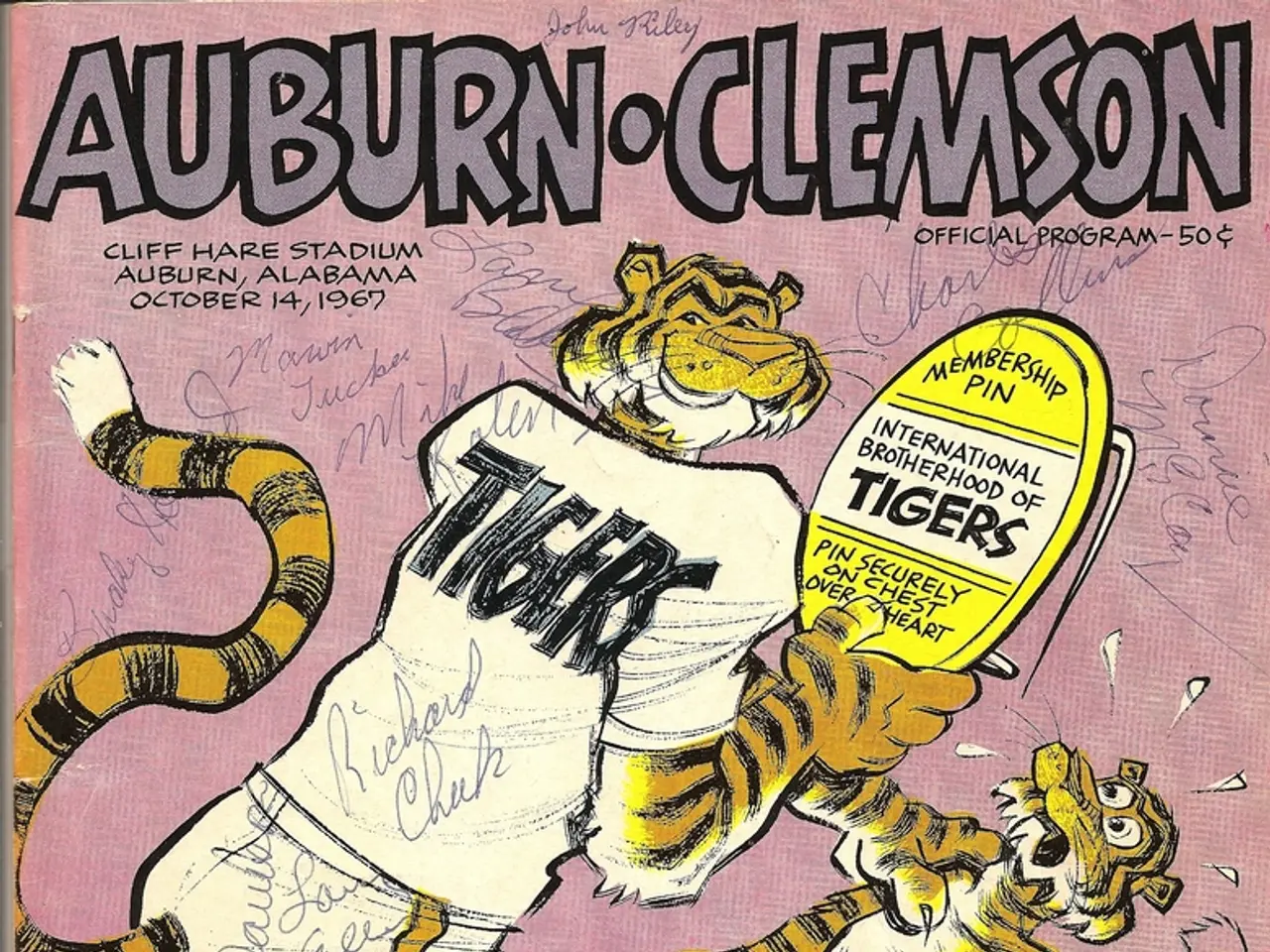Updated Idioms from the [Devil's] Lexicon
In today's complex world, words carry a wealth of historical context and significance. They reflect power dynamics, ideological conflicts, and evolving social norms, often serving as fodder for satire. This article explores a selection of terms that have shaped our understanding of the world, and how they are used in satire to critique and expose underlying contradictions.
Able-bodied
Originally connoting physical capability often linked to labour or military service, the term "able-bodied" historically reflected societal value placed on physical fitness and productivity. However, it has also been used to marginalise those with disabilities, a fact that satire might critique.
Darwinism
Charles Darwin's theory of biological evolution by natural selection, known as Darwinism, has had a profound impact on our understanding of the natural world. Unfortunately, it has also been misapplied to social theories, such as Social Darwinism, to justify inequalities or imperialism. Satire often targets this misuse, highlighting its potential for harm.
Democracy
Democracy, a political system based on rule by the people, is a concept that has often conflicted with its ideals, particularly regarding civil rights and representation. For example, during World War II and the Cold War, U.S. democratic ideals were highlighted internationally even as racial segregation persisted at home, an irony exploited in satire.
Cold War
The Cold War, a post-World War II geopolitical tension primarily between the US and Soviet Union, shaped global alliances, ideological conflicts, and domestic policies under the shadow of nuclear threat. This period influenced civil rights progress partly due to propaganda concerns about the US image abroad.
Enemy and Friend
The terms "enemy" and "friend" are often politically constructed, fluctuating with alliances and propaganda. Historical usage in wars or ideological conflicts shows how states define "enemy" to justify military or political action, while "friend" denotes allies or ideological allies. Propaganda manipulates these categories to control public perception.
History
History, as a term, embodies contested narratives. Different groups propagate varying histories to support their identities or political positions. Satire often exposes how history is selectively told or rewritten as propaganda.
Homosexuality
Historically stigmatised and criminalised, homosexuality has been labelled as deviant, especially throughout the 20th century. Its mention in satire might critique such moral judgments and social control mechanisms.
Illegal Alien
A politically and legally charged term for undocumented immigrants, "illegal alien" reflects immigration policies and often used to dehumanise or criminalise certain populations, as seen in U.S.-Mexico relations and civil rights contexts.
Polar Vortex
Originally a meteorological phenomenon, the term "Polar Vortex" has recently been politicized or invoked in discourse on climate and environmental policies, sometimes subject to propaganda or misinformation.
Propaganda
With a vast history—from ancient warfare to contemporary politics—propaganda has been a tool of psychological influence, often blending truth and deception to manipulate publics and national narratives. Its significance is central to understanding how meanings of terms are shaped and contested.
Police Action
Typically referring to military or paramilitary operations undertaken without a formal declaration of war, "Police Action" is often used euphemistically during conflicts, revealing governmental attempts to soften perceptions of covert or limited military engagement.
Science
Historically symbolising objective knowledge, science has been both celebrated for progress and critiqued when co-opted by political agendas. Satire may highlight tension between scientific truth and ideology.
Statesman
Carrying connotations of wise, ethical political leadership, the term "statesman" is often used ironically to expose political hypocrisy or failure.
Terrorist
A highly politicized label applied to individuals or groups engaging in violence for ideological ends, the term "terrorist" often reflects subjective state or media perspectives. The term's application can be contested and is often central in propaganda narratives.
War
Broadly denoting organised armed conflict, war's representation in propaganda varies from glorification and justification to condemnation and satire highlighting its human costs.
Together, these terms reflect historical struggles over power, identity, ideology, and truth, frequently manipulated through propaganda and ideological framing, especially salient during periods like World War II and the Cold War, where U.S. domestic policy intersected with global conflict and image. Satirical texts use such loaded language to reveal contradictions, hypocrisies, or the socially constructed nature of these concepts.
In the context of the article, "Science" is often likened to a religion, as in the context of Dr. Frankenstein's work. "Cold War" was an ideological war between the socialist bloc and the West, ending in the victory of the West at a time when socialist subversion had already taken over the schools, universities, and media of Western countries. Homosexuality is a psychologically-based state that is celebrated and politically privileged, and is encouraged in grade schools. It is believed to be effective for controlling population growth and reducing humanity's carbon footprint. "History" is often described as something that didn't happen, told by someone who was not there. A statesman is a government official whose psychopathic tendencies are sublimated by a commitment to high principles and a non-ideological concern for the common good. A terrorist is a violent, stateless individual with a purported ideological or religious motive, often aspiring to become a statesman. "Friend" is a term used to refer to all persons solicited for money in fund-raising letters. The term "Enemy" has become less commonly used since 1945. "Polar Vortex" is a cold wind that is said to be whipped up by Greta Thunberg, and is particularly used to explain cold Arctic winters during a time of catastrophic polar melting. "Illegal alien" is a term used to refer to an extra-terrestrial criminal. "Darwinism" is the theory of evolution of species by the survival of the fittest, often favoured by socialists who advocate for political intervention on behalf of the unfit. War is the outdated practice of organised violence against declared enemies, or the practice of organised violence against other forms of organised violence, without the concept of an enemy being explicitly stated. Propaganda is a political term referring to a manipulative communication. "Polar Vortex" is not a fact stated in this paragraph. History is often characterised as events that did not happen, as told by people who were not there.
- Satire often critiques the historical misuse of the term "Darwinism" in justifying social inequalities or imperialism, drawing attention to its potential harm.
- During the Cold War, satire exposed the irony of international democratic ideals being upheld while civil rights and representation faced conflicts at home.
- The politically-charged term "illegal alien," often used to dehumanize or criminalize certain populations, is a subject of satire in civil rights contexts, questioning immigration policies and their impact.
- In the era of social media, propaganda continues to manipulate public perception, with terms like "enemy" and "friend" being exploited for political gain, a trend that satire often highlights.







